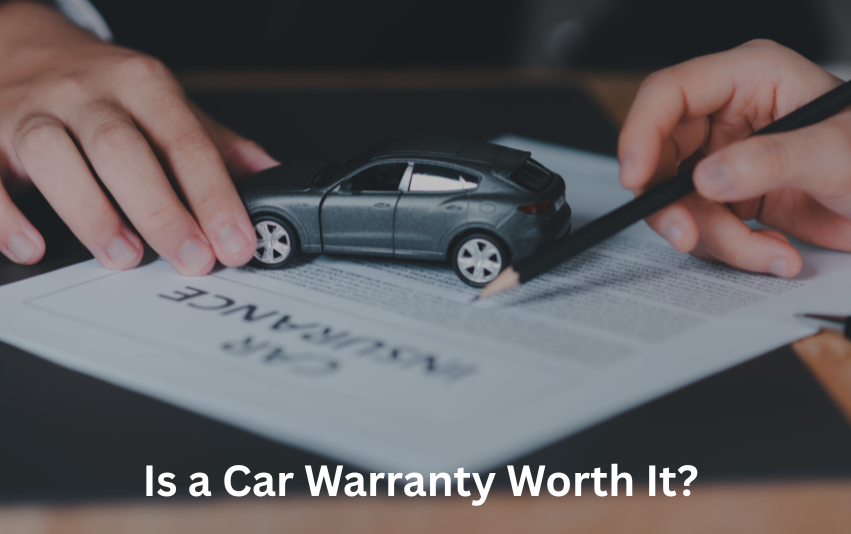Introduction for Car Buying with a Loan
A car loan is a substantial investment that necessitates extensive deliberation and planning. Many people find that getting a vehicle loan is the most convenient method to own a Car Buying with a Loan without having to pay for it all at once. Conversely, the interest rate is a major component in determining the overall cost of your car loan. Factors such as your credit history, the amount of the loan, and your capacity to negotiate the interest rate all play a part. This is the book to read if you want to know how to get the lowest rates on car loans. We will go over ways to improve your credit, find the best lender for your needs, make smart financial choices, and negotiate a better price.
Understanding the Importance of a Low-Interest Car Loan
A low-interest auto loan can end up saving you a tonne of money in the long run. Both the total cost of the vehicle and the amount you pay each month are affected by the difference in interest rates. For example, after five years, a loan with an interest rate of 3% will cost significantly less than a loan with an interest rate of 7%. A number of variables, including general economic health, lender policy, and borrowers’ specific financial situations, influence interest rates. You may make more informed financial decisions and cut out wasteful spending if you know how these things affect your auto loan.
Improve Your Credit Score Before Applying
Having a high credit score is essential if you want to get a Car Buying with a Loan with a cheap interest rate. A higher credit score increases for better loan terms because lenders use it to assess your creditworthiness. High interest rates or loan rejection are common outcomes of a low credit score. Applying for a car loan without first taking measures to raise your credit score is a bad idea. If you want a higher credit score, try these:
- Pay Your Bills on Time: One way to improve your credit score is to pay your obligations on time every month. Utility bills, loan payments and credit card balances all fall under this category.
- Reduce Your Debt-to-Income Ratio: Cut Down on Your Debt-to-A high debt-to-income ratio could have a detrimental effect on your creditworthiness.
- Check Your Credit Report for Errors: If you want to be sure your credit score isn’t unfairly lowered, you should check your report for mistakes.
Compare Lenders to Find the Best Rates
Several lending options are available, including banks, credit unions, online lenders, and dealership financing. Each option has its pros and cons, and it’s essential to compare offers to find the lowest interest rate possible.
- Banks: For their loyal customers who have established credit, traditional banks frequently provide affordable vehicle loan rates. Nevertheless, they have a more rigorous approval procedure.
- Credit Unions: In comparison to financial institutions, credit unions are renowned for providing more accommodating terms and cheaper interest rates. You might be eligible for better financing alternatives if you join a credit union.
- Online Lenders: Many online lenders specialize in auto loans and provide competitive interest rates with convenient application processes. However, it is crucial to research the lender’s reputation before committing.
- Dealership Financing: Car Buying with a Loan dealerships often have partnerships with multiple lenders, offering financing options on-site. While convenient, dealership loans may come with higher interest rates or hidden fees.
Choose a Shorter Loan Term for Lower Interest
It increases the total amount of interest paid over time. Opting for a 36-month or 48-month loan instead of 60 or 72 months can save you a substantial amount of money. Before deciding, calculate the overall cost of the loan and ensure that the monthly payments align with your budget.
Make a Larger Down Payment
A larger down payment lowers the total amount you need to finance, resulting in more manageable monthly payments and ultimately less interest paid. Contributing more than the minimal down payment can lead to better loan terms, however most lenders do need a minimum. If you want to save money on your Car Buying with a Loan payment and get a lower loan rate, putting down 20% is the way to go.
Get Pre-Approved Before Visiting a Dealership
Avoiding high-interest dealership financing and gaining bargaining leverage are two benefits of getting pre-approved for a loan. You can affordably browse for a Car Buying with a Loan and compare offers from dealerships when you have a pre-approved loan offer.
Negotiate Loan Terms for a Better Deal
Buyers sometimes neglect to negotiate loan terms in favour of focussing just on the car’s price. But before you sign anything, you can talk about the loan’s terms, including the interest rate, length, and any extra expenses. Get a feel for the current interest rate climate, do your homework, and be ready to haggle with lenders. Use the fact that you have a loan pre-approved to your advantage if the lender is unwilling to reduce their interest rate.
Avoid Extra Fees and Add-Ons
It is common practice for car dealerships to attempt to upsell customers on supplementary products like insurance, service contracts and extended warranties. While some of these extras may be beneficial, they increase the total loan amount and result in higher interest paid over time. Review the contract carefully and decline unnecessary add-ons that inflate the cost of your loan.
Refinance Your Loan If Needed
If your current interest rate is too high. Refinancing at a reduced rate may be an option for you if your credit improves, interest rates drop in the market, or your financial situation improves. If you want to lower your monthly payments and overall interest charges on your loan, refinancing is a good option to consider.
Conclusion for Car Buying with a Loan
Securing the lowest interest rate on a car loan requires preparation, research, and smart financial decisions. By improving your credit score, comparing multiple lenders, opting for a shorter loan term, and negotiating loan terms effectively, you can significantly reduce your overall loan cost. Whether you’re purchasing your first car or upgrading to a new vehicle, following these strategies will help you make a financially sound decision.









